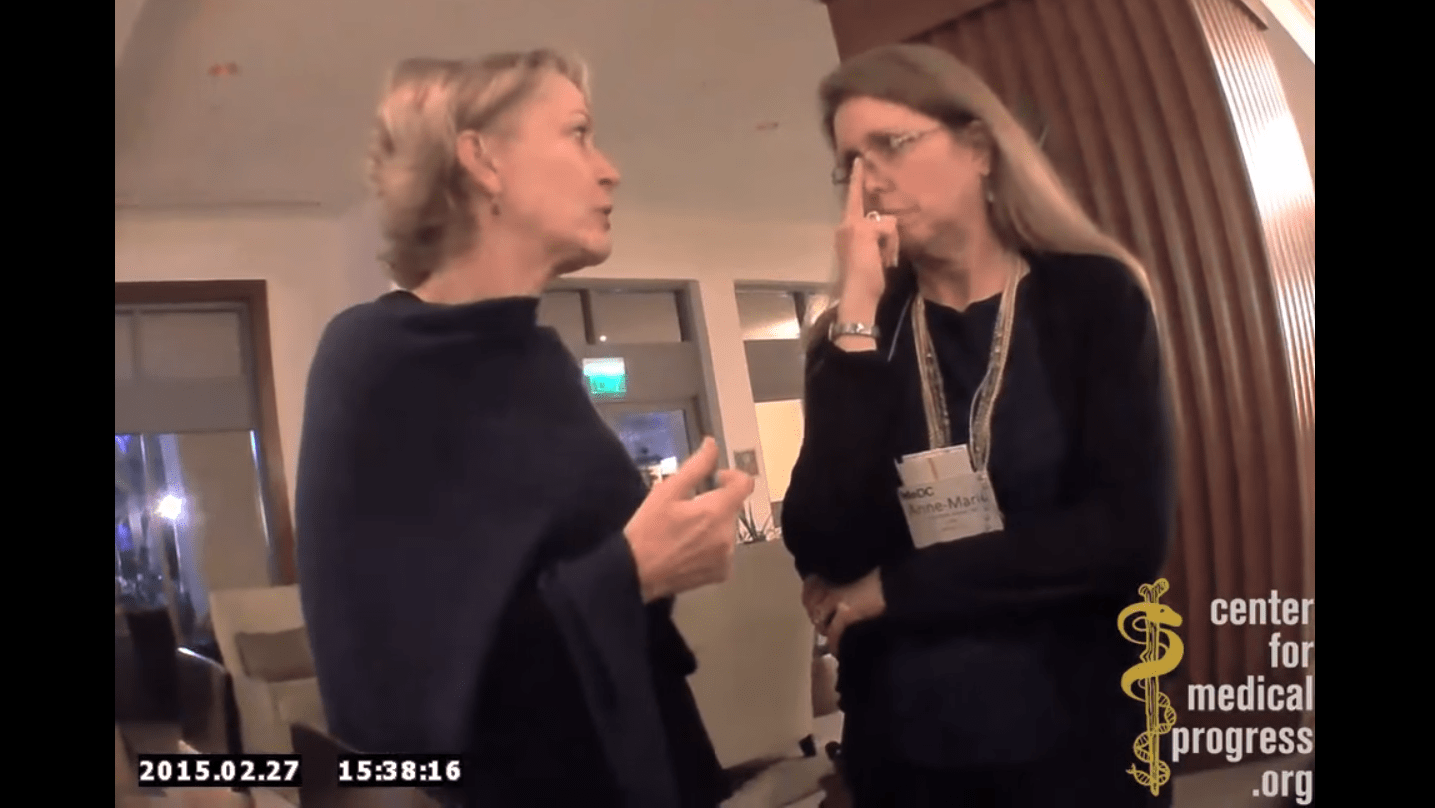Last week, a Texas grand jury indicted activists David Daleiden and Sandra Merritt for allegedly using fake IDs and attempting to buy fetal tissue. Both of the Center for Medical Progress, the pair concealed their identities while attempting to frame/highlight the willingness of Planned Parenthood employees to sell fetal tissue, capturing their conversations on a series of videos first released last summer. Christianity Today reached out to Daniel K. Williams, a historian of the pro-life movement, and Focus on the Family president Jim Daly to provide their perspective on the ethics of the pairs’ actions.
I watched in horror last year as undercover videos from the Center for Medical Progress (CMP) surfaced showing the alleged sale of baby body parts by executives at the nation’s largest abortion provider, Planned Parenthood.
A few months later, I’m shaking my head in disbelief over reports that a Texas grand jury has indicted CMP’s David Daleiden and Sandra Merritt.
The charges?
Tampering with a government document—in other words, using a fake ID—and attempting to buy fetal tissue.
The first offense is one for which minors around the country are regularly treated with a proverbial slap on the wrist—yet Daleiden and Merritt are facing felony charges. Meanwhile, Daleiden’s misdemeanor charge of attempting to purchase of human tissue seems to beg the question: why aren’t the alleged sellers being held to account?
This is a breathtaking example of government hypocrisy. The situation facing CMP is evidence of the upside-down understanding of right and wrong in our culture. How else can we explain it when we are provided seemingly irrefutable proof of heinous crimes being committed against the most vulnerable among us, and rather than investigating the wrongdoers, we attack the messenger?
We also must ask why, as citizen journalists, Daleiden and Merritt are not protected by the same laws that have shielded countless of their fellow reporters down through the years. Undercover journalism is nothing new. To the contrary, it has been used time and time again to expose criminal activity, and it is widely accepted as a journalistic practice.
For instance, in an effort to expose racial discrimination with regard to housing and hiring practices, civil rights agencies have often hired undercover “testers” to pose as job or housing applicants. Identities are therefore falsified with an eye toward bringing to justice those who are breaking the law.
And we can’t ignore the numerous investigative news programs that feature undercover work by journalists. I have no legal background, but it’s hard to see a difference between these scenarios and the undercover work Daleiden and Merritt were doing—except, perhaps, that they were seeking to shed light on the inner workings of one of the most powerful and politically connected organizations in the nation.
It’s a chilling use of state and federal power to impede the investigation. And for millions of Americans who are determined to live according to our deeply held beliefs and to speak out, in many cases the price tag for doing so is becoming increasingly steep.
Ethics and Religious Liberty Commission president Russell Moore and I had the opportunity to interview Daleiden during the recent Evangelicals for Life conference in Washington, D.C., and I was impressed by the unwavering strength of his convictions, his eloquence, and his calm demeanor in the face of the hostility being leveled against him. Although the indictment had not been announced, at the time we sat down with him he was already facing a civil suit by Planned Parenthood over the videos. Nonetheless, Daleiden expressed sincere love and compassion—not just for the unborn babies being treated in such horrific and calloused ways, but also for the Planned Parenthood workers responsible for those acts.
He sets an example we would all do well to follow.
For those of us who are pro-life, it can be tempting to view pro-abortion workers and advocates as the enemy. But doing so leaves little room for dialogue—and even less room to articulate the faith we hold that compels us to stand in the gap for unborn babies. To be sure, we can be firm in expressing our views, but we should always do so in respectful ways.
Still, we must not back down from striving to bring criminal and inhumane activity into the light—particularly as it relates to those who have no voice. And we must offer our support and prayers to Daleiden and his colleague, who are being penalized after they had the courage to take a stand for the tiniest and most defenseless in our midst.
Jim Daly is the president and CEO of Focus on the Family.









